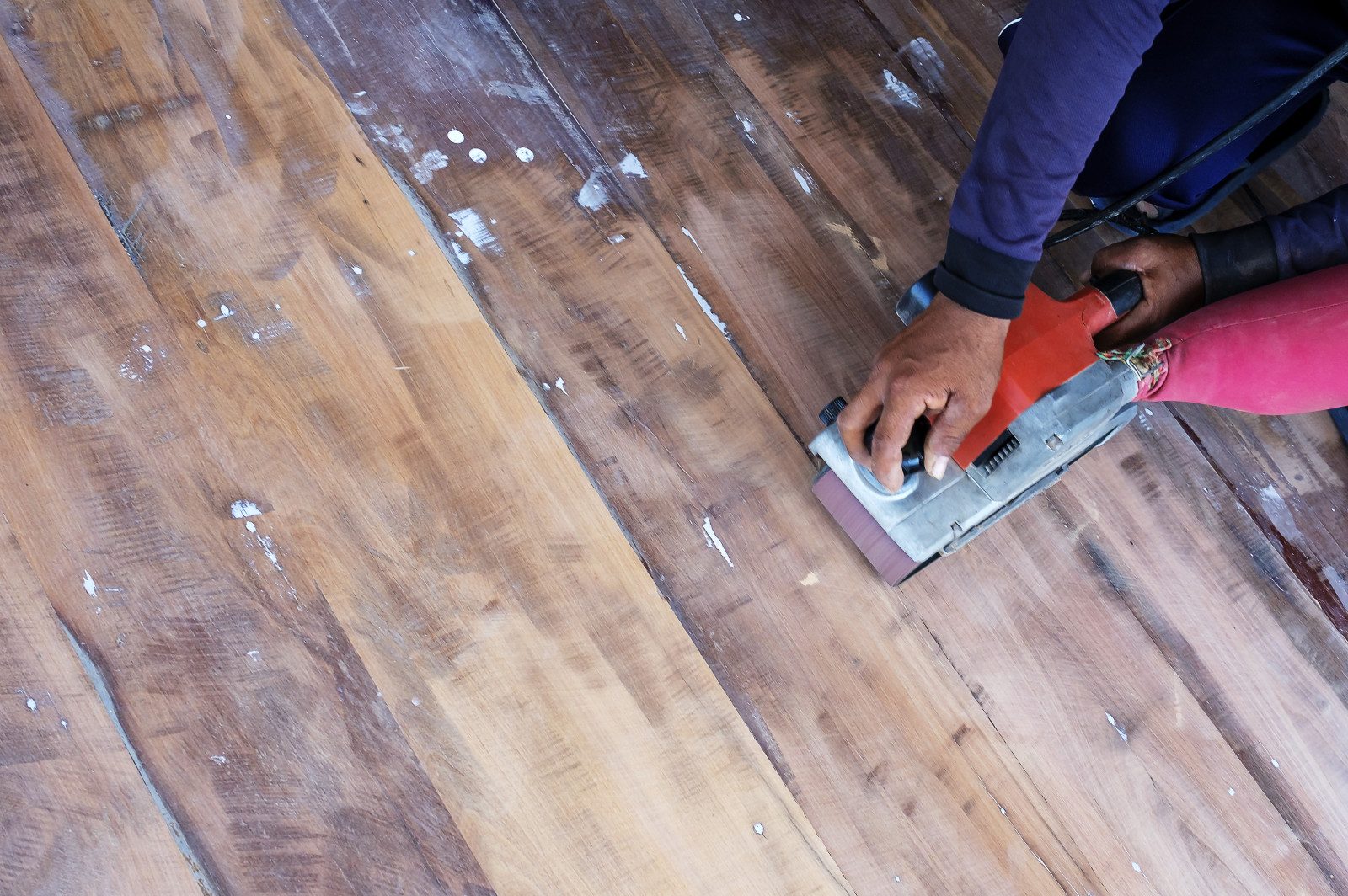Have you ever stared at a stubborn stain on your laminate flooring, wondering if bleach water is the magic solution? Many homeowners are tempted to use bleach, a powerful disinfectant, to tackle tough messes, but is it actually safe for laminate floors?

Image: viewfloor.co
The answer, unfortunately, is not as straightforward as a simple yes or no. While bleach can effectively kill bacteria and germs, it can also damage the surface of laminate flooring, leading to discoloration, warping, and even peeling. This article will explore the pros and cons of using bleach water on laminate floors, provide safe alternatives, and offer tips for maintaining your floors’ beauty and longevity.
Understanding Laminate Flooring
Laminate flooring, a popular and affordable alternative to real hardwood, is crafted from layers of materials. The top layer, a protective resin coating, provides durability and resistance to scratches and wear. Beneath this sits a decorative layer that mimics the look of wood, tile, or other materials. The core layer, typically made of high-density fiberboard, provides structural support and stability. Finally, a moisture-resistant backing layer protects the floor from damage caused by spills or humidity.
The Dangers of Bleach
Bleach, a potent chemical, can wreak havoc on laminate flooring. Its harsh nature can lead to the following issues:
1. Discoloration and Staining
Bleach has a bleaching effect, meaning it can lighten or change the color of the decorative layer of laminate flooring. This is particularly true for lighter-colored laminates, which are more susceptible to discoloration. Once a laminate floor is bleached, the damage is permanent. Even if the discoloration is subtle, it can create an uneven appearance, ruining the aesthetics of your flooring.

Image: reviewhomedecor.co
2. Warping and Swelling
Laminate flooring is designed to be moisture-resistant, but not waterproof. Excessive exposure to moisture, including bleach water, can cause the core layer to swell and warp, leading to buckling and lifting of the floorboards. This can make your floor uneven and unstable, posing a safety hazard.
3. Damage to the Protective Coating
The protective resin coating on the surface of laminate flooring is designed to withstand everyday wear and tear. However, bleach can weaken and degrade this coating, making the floor more susceptible to scratches, dents, and future damage. A compromised protective coating also increases the risk of spills and stains penetrating the floor.
4. Health Concerns
Bleach fumes can be irritating to the respiratory system, especially for people with allergies or asthma. Moreover, bleach reacting with certain cleaning products can release toxic fumes, making it even more dangerous. To avoid health risks, always use bleach in well-ventilated areas and follow product instructions carefully.
Safe Alternatives for Cleaning Laminate Floors
While bleach might seem like the solution to every cleaning challenge, using it on laminate floors can be more trouble than it’s worth.
1. Diluted Vinegar
Vinegar is a natural disinfectant and cleaner that is safe for laminate floors. Simply dilute white vinegar with water (usually a 1:1 ratio) and use it to mop your floors. Vinegar is effective against bacteria, mold, and mildew, and it leaves a fresh, clean scent.
2. Baking Soda
Baking soda is a gentle abrasive that can help remove tough stains and grime without damaging laminate flooring. Make a paste by mixing baking soda with water and apply it to the stain. Let it sit for a few minutes, then scrub gently with a soft-bristled brush. Rinse thoroughly with water.
3. Commercial Laminate Floor Cleaners
Many commercial floor cleaners are specifically designed for laminate floors. These cleaners are formulated to be safe for the surface and effective at removing dirt, grime, and spills. Always read the product label carefully and follow the manufacturer’s instructions for use. Make sure the cleaner is specifically formulated for laminate and not hardwood floors, as the two are not the same.
4. Soap and Water
Sometimes, a simple solution is the best. A mild soap, like dish soap, diluted in warm water can be enough to clean your laminate floors. Avoid using harsh detergents or abrasive cleaners as these can damage the finish.
Important Tips for Cleaning Laminate Floors
Here are some tips to keep your laminate floors clean and looking their best:
- Regular Sweeping: Sweep your floors daily to remove dirt and debris that can scratch the surface.
- Mop Regularly: Mop your floors weekly with a damp mop, using a safe cleaner. Avoid over-saturating the mop, as excess water can damage the floor.
- Protect from Scratches: Use furniture pads or felt protectors under heavy furniture to minimize scratches.
- Clean Up Spills Immediately: Wipe up spills immediately to prevent them from soaking into the floor and causing damage.
- Avoid Harsh Cleaners: Steer clear of harsh chemicals, abrasive cleaners, and ammonia-based solutions, which can damage the finish of your laminate floors.
Can You Use Bleach Water On Laminate Floors
Investing in Your Floors’ Longevity
While bleach is a tempting quick fix for some cleaning dilemmas, it’s not a viable solution for laminate floors. The potential damage it can inflict outweighs its cleaning benefits. By embracing safe and gentle cleaning methods, you can protect the beauty and durability of your laminate flooring and ensure its longevity.
Remember, cleaning is only part of the equation when it comes to extending the life of your floors. Regular maintenance, including protecting them from scratches, spills, and moisture, will pay dividends in the long run.
For more specific advice tailored to your flooring type and maintenance needs, consult the manufacturer’s instructions or a flooring specialist. By taking the time to understand your laminate flooring and using appropriate cleaning techniques, you’ll be well on your way to enjoying beautiful, long-lasting floors for years to come.





